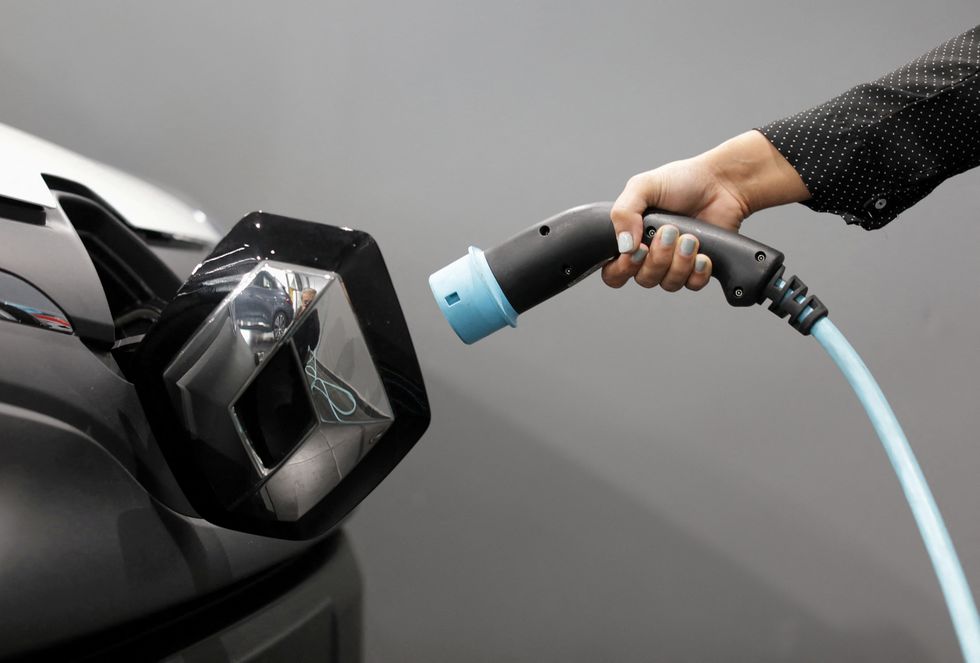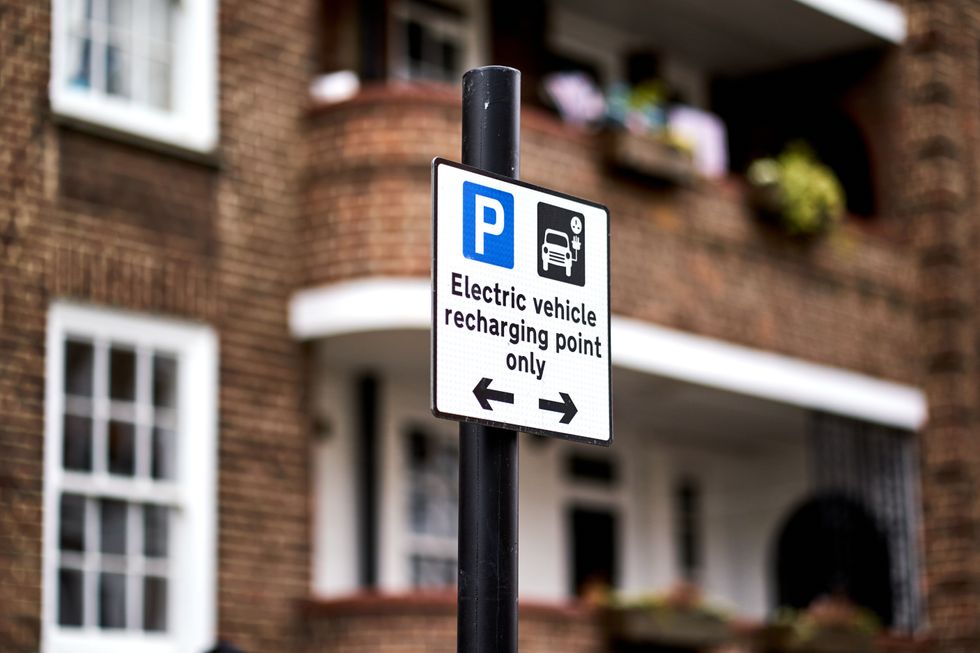A new report has suggested that the Government will “back off” from interfering with the automotive industry as it could allow a longer timeframe for the switch to electric vehicles.
The pleas come after the automotive industry has continued to face a severe downturn in a bid to appease tough EV targets with major manufacturers reporting alarming profit declines.
On top of calling for an extended time frame, to stop manufacturers from leaving the UK market, experts from Charles Stanley have suggested that Chancellor Rachel Reeves could introduce new taxes or user charges on electric vehicles to replace lost fuel duty revenue.
The need for more measures follows major losses by car makers who have seen huge declines in the car market. German car giant BMW saw a staggering 79 per cent drop in pre-tax profits during the third quarter, accompanied by a 13 per cent fall in car sales.
Do you have a story you’d like to share? Get in touch by emailing[email protected]

Car makers have seen profits plunder in a bid to appease EV transition
REUTERS
Toyota, another industry heavyweight, hasn’t fared much better, reporting a 10 per cent decline in interim vehicle sales and a 22 per cent fall in pre-tax profits.
Volkswagen’s situation is equally concerning, with operating margins falling to just 5.4 per cent and vehicle sales dropping from 6.8 million to 6.5 million in the nine months to September.
The industry-wide slump has multiple causes, including slow sales to China, difficulties in meeting electric vehicle targets, and a general decline in consumer confidence. Many potential buyers are adopting a “wait-and-see” approach, keeping their existing petrol or diesel vehicles for longer.
Government pressure for rapid electric vehicle adoption is creating significant challenges across the automotive sector. Manufacturers are being forced to cut EV prices while discouraging customers from buying the petrol and diesel cars they actually prefer, according to the latest Charles Stanley report.
Meanwhile, the European Union has struggled with whether to allow cheaper Chinese battery cars to help meet targets or protect its domestic industry, ultimately settling for high and variable tariffs.
Volkswagen reported a concerning 4.7 per cent decline in all-electric car sales over nine months, pointing to widespread buyer reluctance. Western manufacturers have been particularly cautious about the switch, noting problems with charging infrastructure rollout and pricing concerns.
The situation is further complicated by President Biden’s decision to impose a 100 per cent tariff on imported Chinese electric vehicles, mirroring protectionist measures, although with Donald Trump returning to the helm, this could change.
A Government spokesperson previously told GB News: “We are always vigilant to international developments and are very clear that any decision over the implementation of tariffs has to be the right one for our domestic automotive industry.”
These pressures are forcing manufacturers to maintain costly parallel production lines for both electric and conventional vehicles, straining their resources and profitability.
Volkswagen Group’s struggles have reached a critical point, the report warned, with the shocking announcement of plant closures and redundancies in Germany. This marks a significant departure from VW’s traditional commitment to maintaining employment through difficult times.
The manufacturer faces substantial costs in transitioning to EVs, requiring different production lines, supplies, and techniques for both battery and combustion vehicles. The company’s complex brand portfolio, including luxury marques Bentley, Audi, Lamborghini, and Porsche, alongside mass-market brands Skoda and Seat, has added to its challenges.
LATEST DEVELOPMENTS:
- Elderly drivers risk brutal £1,000 fine for failing to disclose medical conditions to DVLA
- Petrol and diesel drivers risked ‘significant cost of living issue’ without Rachel Reeves fuel duty freeze
- Electric scooters could be legalised across the UK despite road safety fears – ‘It’s clearly required’

Many car makers have introduced more electric vehicle incentives
PA
Consumer hesitation around EVs remains a significant barrier, with range anxiety persisting despite improvements in newer models. Price also remains a major obstacle in Western markets, with electric vehicles typically costing more than their petrol counterparts.
The report suggested governments could unveil a more measured approach to the EV transition. Removing additional taxes and penalties while allowing a longer transition period could help stabilise the automotive sector.
This approach would give manufacturers breathing space to develop more affordable and desirable electric models. It would also provide time for the crucial development of charging infrastructure and the establishment of clearer electricity pricing structures, the report noted.